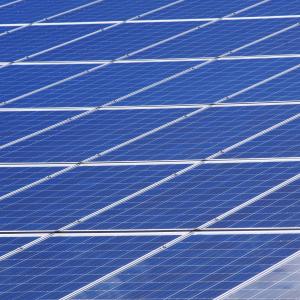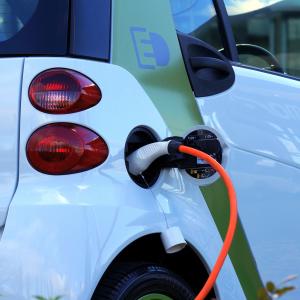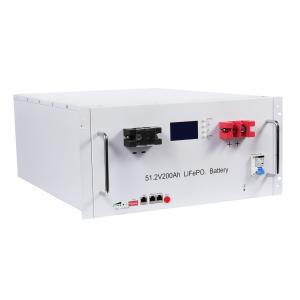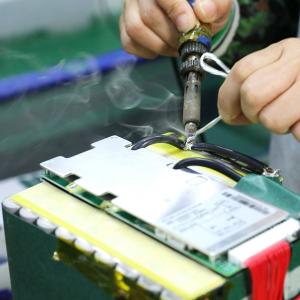Recycle Your Solar Panel
What's in solar panels?Solar panels are laid out like a sandwich with cells in the center. About 90% of commercial solar panels use silicon as the semiconductor, which converts light into electricity. Thin strips of metal, usually silver, crisscross the surface of silicon crystals in each cell and move electricity into the panel’s copper wiring.
The solar cells are encased in a protective barrier, usually a transparent plastic called EVA. Another layer of glass goes on top, and a different kind of plastic, like PET, covers the back. The whole thing is surrounded by an aluminum frame.
Why recycle solar panels?
Recycling solar panels offers much more than a minimized environmental impact. Here are a few other reasons recycling solar panels is so important:
- Conserving Finite Materials
A number of the materials within a solar panel are non-renewable resources; copper, silicon, gallium and indium may be abundant, but they are still finite. The solar boom has already placed a huge strain on efforts to acquire these materials, and we’re readily seeing forecasts of severe copper shortages over the next decade.
Recapturing these materials from solar panels presents an opportunity to ease supply chain issues and lower the need for new materials, which in the long run will only lower the cost of solar further.
- An Emerging Market
Solar panel recycling offers huge potential for emerging businesses — forecasts show the solar panel recycling market has the potential to grow by $238.30 million from 2020 to 2024, and the market’s growth momentum will accelerate during the forecast period and thereafter.
How to recycle solar panels?
Though aluminum, glass and copper are all recyclable materials, recycling a solar panel isn’t as simple as dropping it off at your local recycling plant. The materials within the panels must be separated and recycled separately, which can be a complex process. Solar panels are also layered with polymer sealing, which can contain chemicals like ethylene-vinyl acetate (EVA), complicating the process of recycling glass. If the encapsulant can be removed from the glass, the glass can be recycled.
But what about recycling the silicon solar cells? Though it is possible, it is a little more complicated than recycling basic metals and glass. Silicon solar cells are typically derived from quartz, a mineral made from the two most abundant elements on earth: oxygen and silicon. This quartz must be purified, a process that varies by manufacturer, in order to end up with silicon crystals pure enough for modern solar cells. However, similar to common plastic, pure silicon degrades slightly when recycled. This means that its quality will suffer with each subsequent use of the material.
There are different methods to recycle solar panels, which can include some or all of the following three steps:
Removal of the frame and junction box;
Separation of the glass and the silicon wafer through thermal, mechanical or chemical processes;
Separation and purification of the silicon cells and specialty metals (e.g., silver, tin, lead, copper) through chemical and electrical techniques.
Conclusion
The industry is new and still growing, with researchers examining how to commercialize recycling to economically recover most of the components of a solar panel. With the development of solar panel recycling technology, solar panels will bring more benefits to us.





